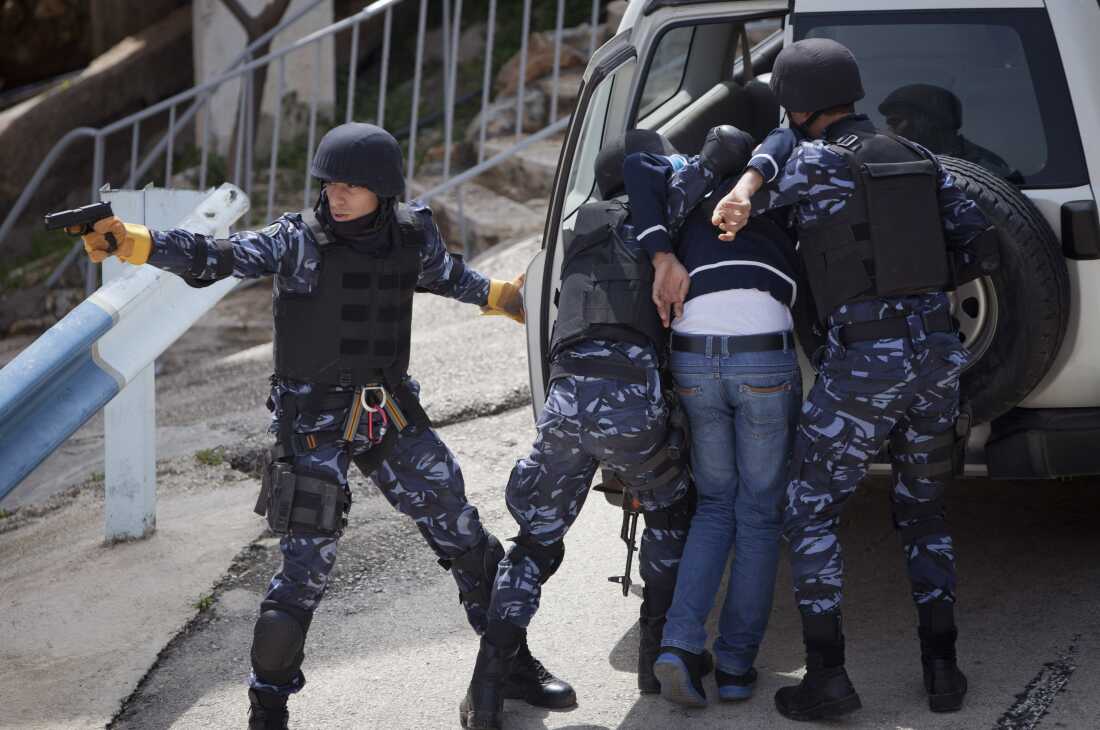By James Pearson
LAS VEGAS (Reuters) – A latest surge in GPS “spoofing”, a type of digital assault which might ship business airliners off track, has entered an intriguing new dimension, in keeping with cybersecurity researchers: The flexibility to hack time.
There was a 400% surge in GPS spoofing incidents affecting business airliners in latest months, in keeping with aviation advisory physique OPSGROUP. Lots of these incidents contain illicit ground-based GPS methods, notably round battle zones, that broadcast incorrect positions to the encompassing airspace in a bid to confuse incoming drones or missiles.
“We think too much about GPS being a source of position, but it’s actually a source of time,” Ken Munro, founding father of Pen Take a look at Companions, a British cybersecurity agency, stated throughout a presentation on the DEF CON hacking conference in Las Vegas on Saturday.
“We’re beginning to see experiences of the clocks on board airplanes throughout spoofing occasions begin to do bizarre issues.”
In an interview with Reuters, Munro cited a recent incident in which an aircraft operated by a major Western airline had its onboard clocks suddenly sent forward by years, causing the plane to lose access to its digitally-encrypted communication systems.
The plane was grounded for weeks while engineers manually reset its onboard systems, said Munro. He declined to identify the airline or aircraft in question.
In April, Finnair temporarily paused flights to the eastern Estonian city of Tartu due to GPS spoofing which Tallin blamed on neighboring Russia.
GPS, short for Global Positioning System, has largely replaced expensive ground devices that transmit radio beams to guide planes towards landing. However, it is also fairly easy to block or distort GPS signals using relatively cheap and easy to obtain parts, and limited technological knowledge.

“Is it going to make a plane crash? No, it’s not,” Munro informed Reuters.
“What it does is it simply creates somewhat confusion. And also you run the danger of beginning what we name a cascade of occasions, the place one thing minor occurs, one thing else minor occurs, after which one thing critical occurs.”




